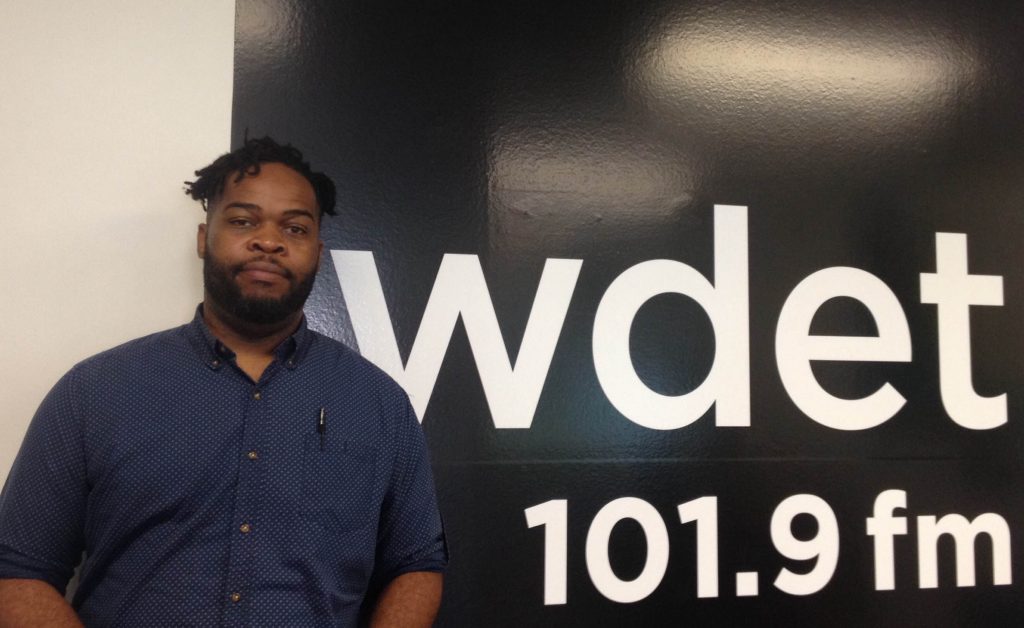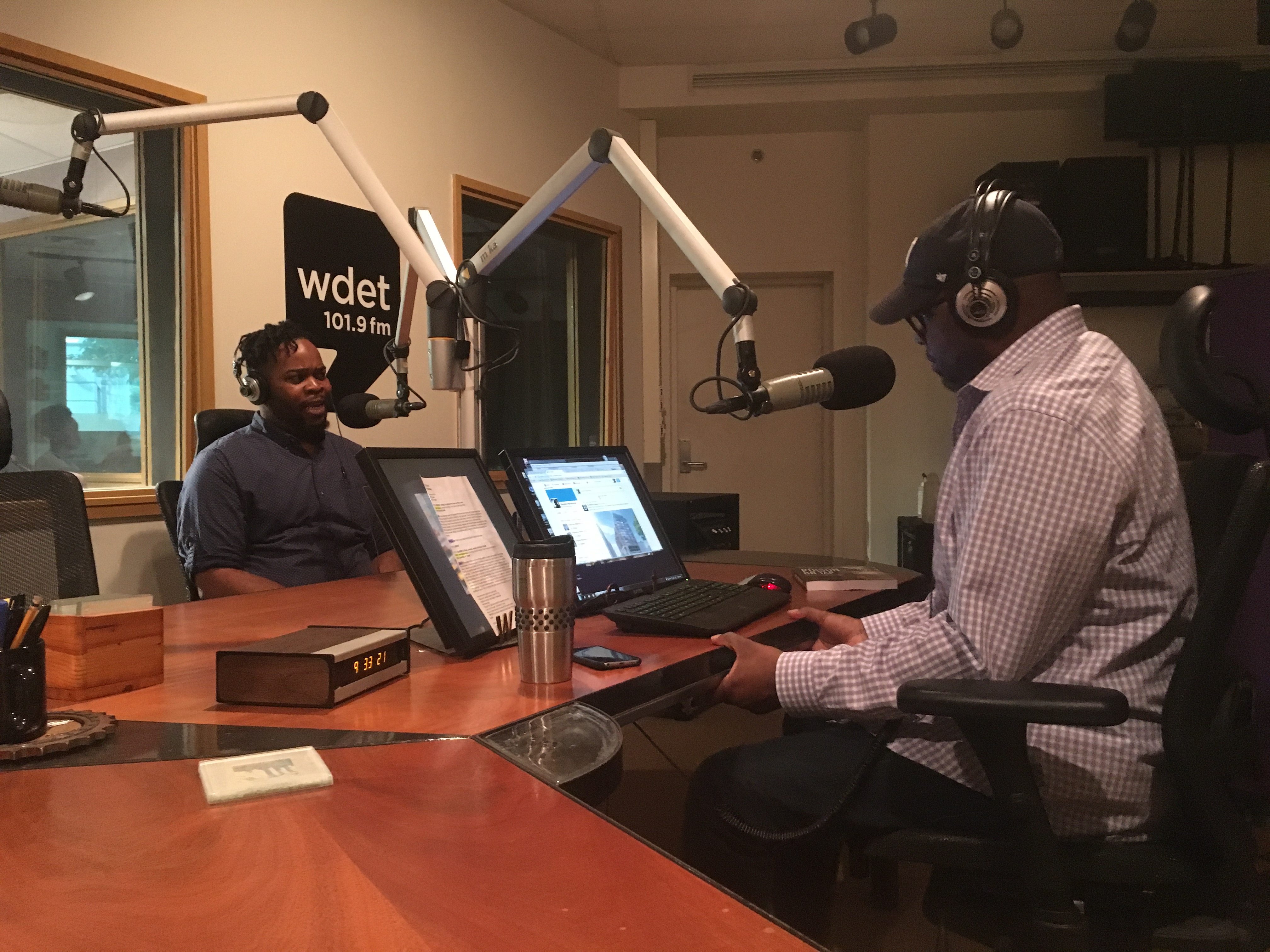Being Gay, Black and Muslim in Metro Detroit
How a sense of community can mean everything to a Queer Muslim


The murderer at the center of the Orlando nightclub shooting last week killed dozens of gay men and women. Profiles emerging of Omar Mateen illustrate a man with a hot temper, a violent home, a history of being bullied, and what appears to be a long journey to understand his sexuality.
Investigators now say the mass murder in Orlando seems to have had very little — if anything at all — to do with ISIS, to which Mateen pledged allegiance just hours before killing many innocent people. What drives an angry and confused man to feel so violent?
A local youth and community advocate says it could be, in part, that Omar Mateen had no one he could identify with. No ally. No fellow Muslim man who was openly gay or questioning who would support him. Not that there are no gay Muslim men, but that it’s not something that’s culturally accepted, and so people hide in the shadows and are alone with their internal struggle.
Asad Muhammad, a Muslim of Jamaican decent and a gay man who identifies as Queer, joins Detroit Today host Stephen Henderson to talk about his personal experience.
Muhammad is also on the board of the Ruth Ellis Center, which works with LGBTQ youth in the Detroit area. He says young people practicing Islam are often encouraged to get married young, and that was true for him as well. Muhammad says he married a woman he loved at a young age, before he was comfortable enough to live as an openly gay man.
“Sometimes people are getting married before they’re ready,” says Muhammad. “How do we balance out dating and getting to know people?… Beyond these religious stories [in the Qaran]… how do we create our own stories?”
“‘Most of us are living half-butchered lives,'” says Muhammad, quoting political prisoner and essayist George Jackson. Muhammad says the quote stuck with him as he led a heterosexual life with a wife and three kids. He says in his 20s he was sure he would take the secret of his attraction to men to his grave. But he says the Jackson quote struck him and he wondered what would happen if his kids came out as queer and he wasn’t creating an environment where they would feel safe.
After seven years of marriage Muhammad came out to his family and friends. He says he lost some friends, and had to deal with the varying emotions of the people around him. But Muhammad says he found some surprising allies. When he came out to his Jamaican father, who has several kids by several different women, his father said; “‘If you are attracted to men like I’m attracted to women, I know you couldn’t fight it.'”
“And I was like, ‘Yes! Science! Thank you, Dad,'” says Muhammad.
Muhammad says beyond family it’s also important for LGBTQ people to find an open and accepting community. He says the message mosques and places of worship need to work toward, regardless of sexual identity, is; “This is a safe space and we welcome you.”
